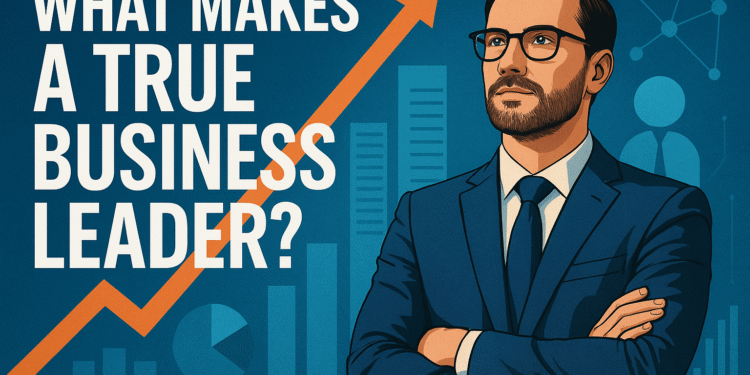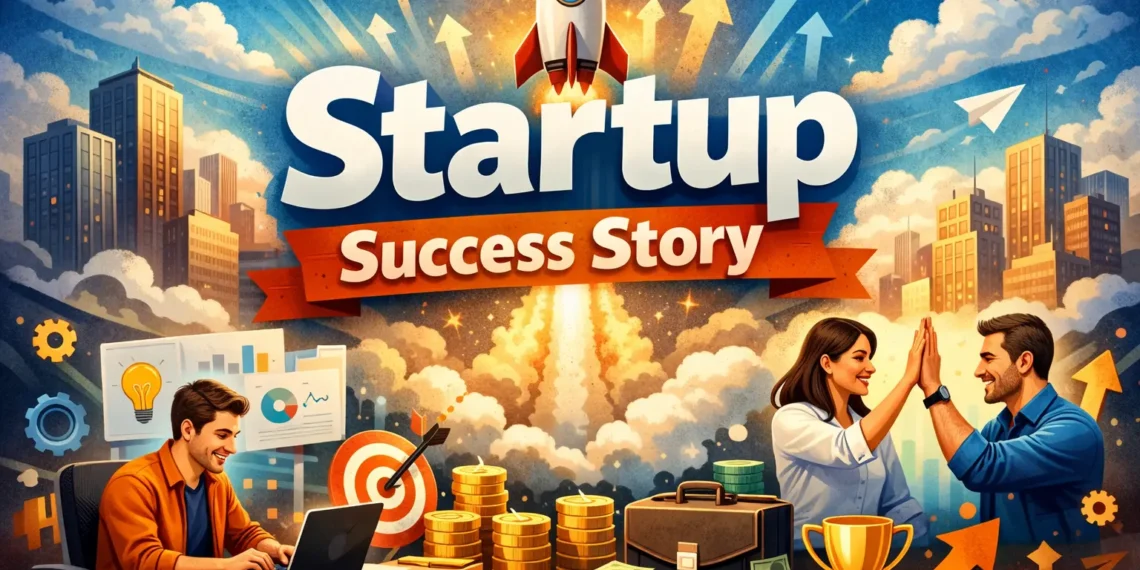In today’s rapidly evolving business landscape, the definition of a business leader has changed dramatically. Gone are the days when leadership meant simply managing teams and ensuring quarterly results. In 2026, a business leader must be visionary, tech-savvy, emotionally intelligent, and capable of navigating global uncertainty with confidence.
As companies across the U.S. embrace digital transformation, hybrid workforces, and evolving customer expectations, effective leadership is more crucial than ever. Here’s what defines a successful business leader in the modern era—and how today’s executives can rise to the challenge.
1. Vision With a Future-Ready Mindset
Modern leaders must anticipate market shifts before they happen. With AI, automation, and emerging technologies reshaping industries, leaders need to understand where their markets are heading—not just where they are today.
A future-ready leader:
-
Invests in innovation
-
Encourages experimentation
-
Identifies long-term trends and adapts early
These leaders don’t just react; they shape the industry.
2. Emotional Intelligence: The New Corporate Power Skill
The rise of hybrid workplaces has made emotional intelligence (EQ) a non-negotiable leadership trait. The ability to understand employee needs, manage conflict, and motivate teams directly influences productivity.
A high-EQ leader:
-
Practices active listening
-
Builds trust and transparency
-
Supports employee wellness and engagement
Leaders who prioritize people ultimately build stronger, more loyal teams.
3. Decision-Making Backed by Data
Intuition is important, but in 2026, great business leaders support decisions with data-driven insights. With advanced analytics tools widely accessible, leaders must be comfortable interpreting data to guide strategies.
Data-focused leadership helps organizations:
-
Reduce risk
-
Improve operations
-
Identify growth opportunities
-
Personalize customer experiences
The most successful leaders blend experience with analytics for smarter, faster decision-making.
4. Adaptability in a Disrupted World
Disruption has become the new normal. From supply chain challenges to economic fluctuations, leaders must adapt quickly.
Top leaders in 2026:
-
Embrace change rather than resist it
-
Pivot strategies when markets shift
-
Stay calm and focused during uncertainty
Adaptability isn’t just a skill—it’s a survival strategy.
5. Commitment to Ethical and Sustainable Business Practices
Today’s customers and employees expect companies to operate responsibly. Ethical leadership fosters trust and long-term loyalty.
Modern business leaders focus on:
-
Sustainability initiatives
-
Transparent communication
-
Social responsibility
-
Fair and inclusive business practices
Ethical leadership isn’t only good optics—it drives brand loyalty and operational strength.
6. Building a Culture of Continuous Learning
Industries are evolving faster than ever. Leaders who encourage learning help their organizations stay competitive.
A strong learning culture encourages:
-
Skill development and upskilling
-
Cross-functional collaboration
-
Creativity and innovation
Forward-thinking leaders make learning part of their core business strategy.
7. Empowering Teams Through Ownership and Delegation
Today’s employees want autonomy. Modern leaders empower teams by giving them ownership of projects and trusting their decisions.
Empowered teams typically show:
-
Increased motivation
-
Higher productivity
-
Stronger problem-solving skills
Leadership is no longer about control—it’s about enabling others to succeed.
Conclusion: Leadership for the Future
A business leader in 2026 must be more than a manager—they must be a strategist, communicator, innovator, and visionary. As the U.S. business landscape continues to transform, the leaders who embrace adaptability, emotional intelligence, and ethical practices will define the next era of success.
At The Fortune Times, we believe the future belongs to leaders who evolve with purpose and lead with impact.





